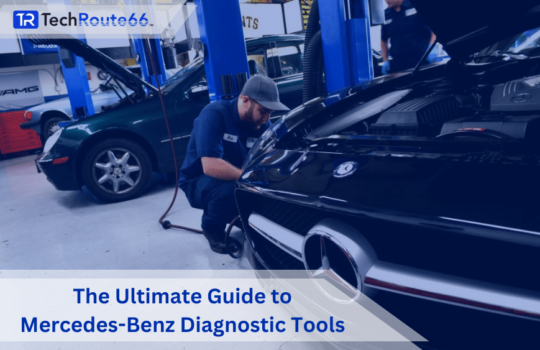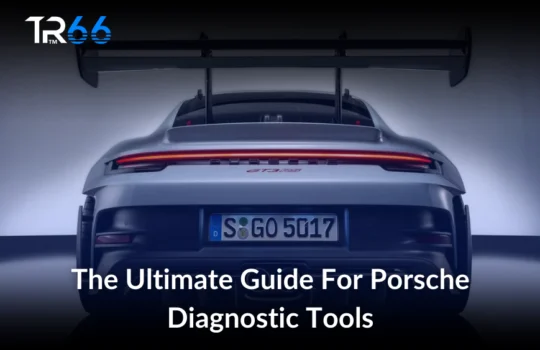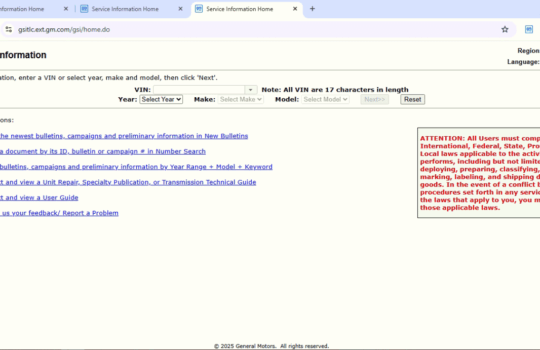What is ECU Calibration? Best Guide to Engine Optimization
Table of Content
- Introduction to ECU Tuning
- What is ECU Calibration?
- How ECU Calibration Works
- The ECU Calibration Process
- Types of ECU Tuning
- ECU Performance Tuning
- Benefits of ECU Calibration
- Advantages of ECU Tuning
- Impact of ECU Calibration on Vehicle Performance
- Choosing the Right ECU Tuning Service
- Common FAQs About ECU Calibration
- Conclusion
Introduction to ECU Tuning
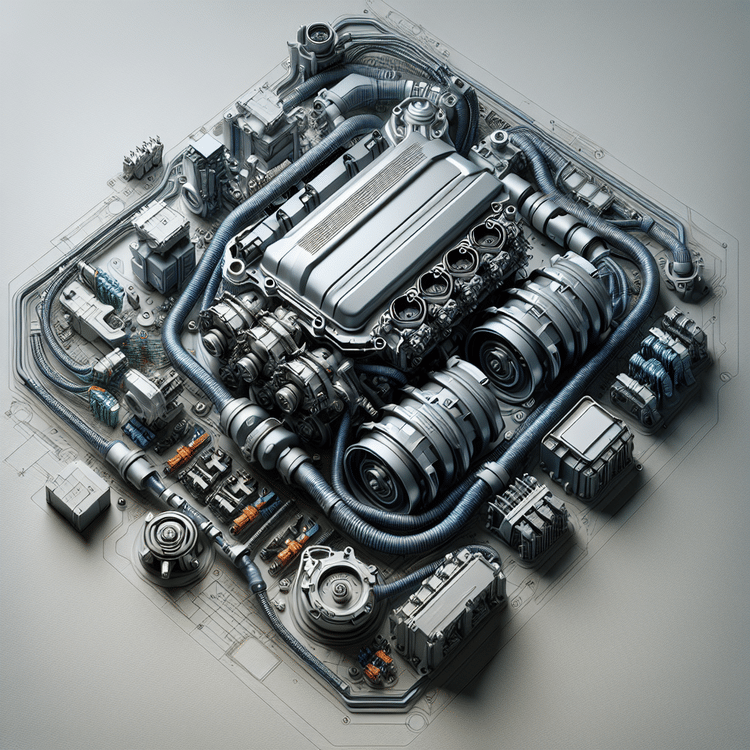
ECU tuning refers to the process of modifying the engine control unit (ECU) parameters to enhance the performance, fuel efficiency, and overall driving experience of a vehicle. In today’s modern vehicles, the ECU plays a vital role as it controls various engine functions. This makes ECU tuning essential for car enthusiasts and professionals alike who aim to maximize their vehicle’s capabilities.
One significant aspect of ECU tuning is ECU calibration. This process involves adjusting the settings of the ECU to ensure optimal performance under different operating conditions. Proper ECU calibration can lead to improved power output, better throttle response, and enhanced fuel efficiency. By fine-tuning the ECU, drivers can unlock the full potential of their vehicles.
For more information on this topic, we recommend reading A Guide to Land Rover ECU Programming and Tuning, which delves deeper into the specifics of ECU tuning and programming.
Additionally, consider exploring our product [4pcs/lot] ECU Open Cover/Shell Dismantling Assist Tool ECU Programming Tools for professionals looking to enhance their ECU tuning and programming capabilities.
What is ECU Calibration?
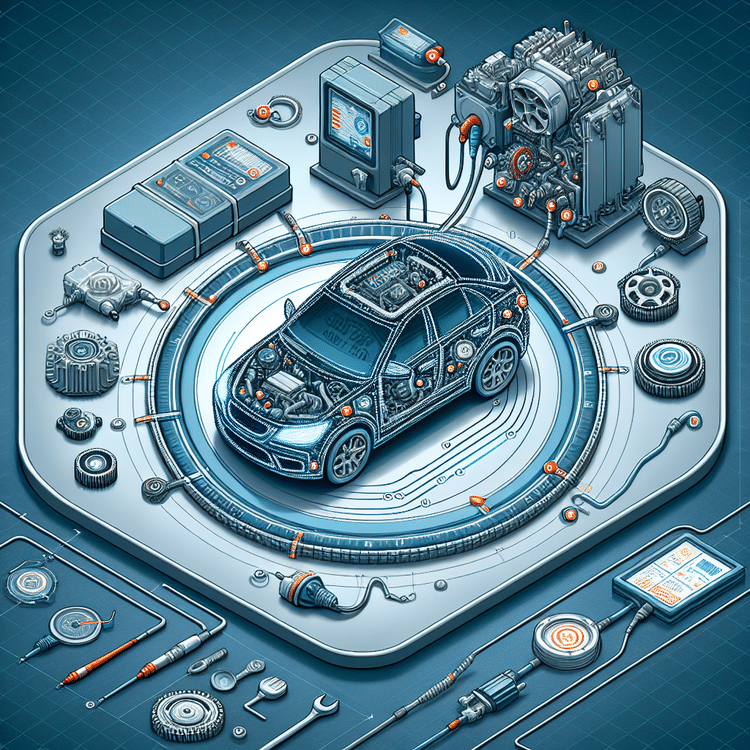
ECU calibration refers to the process of adjusting and optimizing the engine control unit (ECU) settings within a vehicle. The primary purpose of ECU calibration is to enhance vehicle performance, improve fuel efficiency, and ensure that emissions regulations are met. By fine-tuning various parameters within the ECU, mechanics can achieve improved responsiveness and efficiency tailored to the vehicle’s specific needs.
It is essential to distinguish between ECU calibration and ECU remapping. While both processes involve changing ECU settings, calibration focuses on fine-tuning existing settings to the manufacturer’s specifications, whereas remapping typically involves altering these settings significantly to enhance performance beyond standard limitations. Thus, while ECU calibration results in a more factory-focused adjustment, ECU remapping can provide performance boosts through more aggressive tuning.
The calibration process plays a crucial role in ensuring that all vehicle systems operate harmoniously, minimizing potential issues and maintaining optimal performance across various driving conditions. For car owners and automotive professionals, understanding the significance of ECU calibration can lead to better maintenance and overall vehicle health.
We recommend you also read Ford IDS Sensor Calibration: Ensure Accurate Vehicle Data for insights into calibration practices.
How ECU Calibration Works
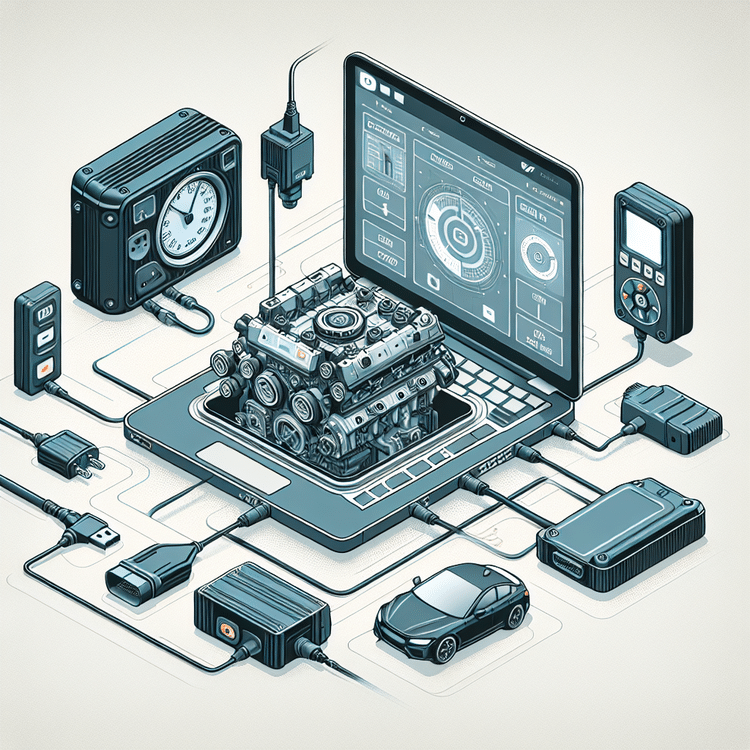
ECU (Engine Control Unit) calibration is a critical process that involves adjusting the engine’s management software to achieve optimal vehicle performance and efficiency. This intricate process utilizes a combination of software and hardware tools to modify various engine parameters.
The main components involved in ECU calibration include:
- Calibration Software: This software interfaces with the ECU and provides access to the engine’s data and settings. It allows technicians to make adjustments based on performance goals.
- Diagnostic Tools: Devices like the Ford IDS Sensor Calibration tool are used to read and clear trouble codes, monitor sensor outputs, and perform live data analysis.
- Hardware Interfaces: These tools, such as the wiTECH MicroPOD II, connect the calibration software with the vehicle’s ECU, enabling data transfer and modifications.
During the calibration process, technicians connect to the vehicle’s ECU using specialized software and hardware. They gather baseline data, which includes current performance metrics and operational behaviors. This data is then compared against target values to identify areas for improvement.
Once the necessary adjustments are identified, the technician modifies parameters such as fuel maps, ignition timing, and air-fuel ratios to enhance performance and efficiency. These changes are uploaded to the ECU, allowing the vehicle to operate with improved power delivery, reduced emissions, and better fuel economy.
Proper ECU calibration is essential for achieving optimal ECU performance tuning. It helps ensure that the vehicle operates within its designed specifications, providing a balance between power, efficiency, and emissions control. For those interested in hands-on tools, consider checking out our ECU Open Cover/Shell Dismantling Assist Tool for effective tuning efforts.
The ECU Calibration Process
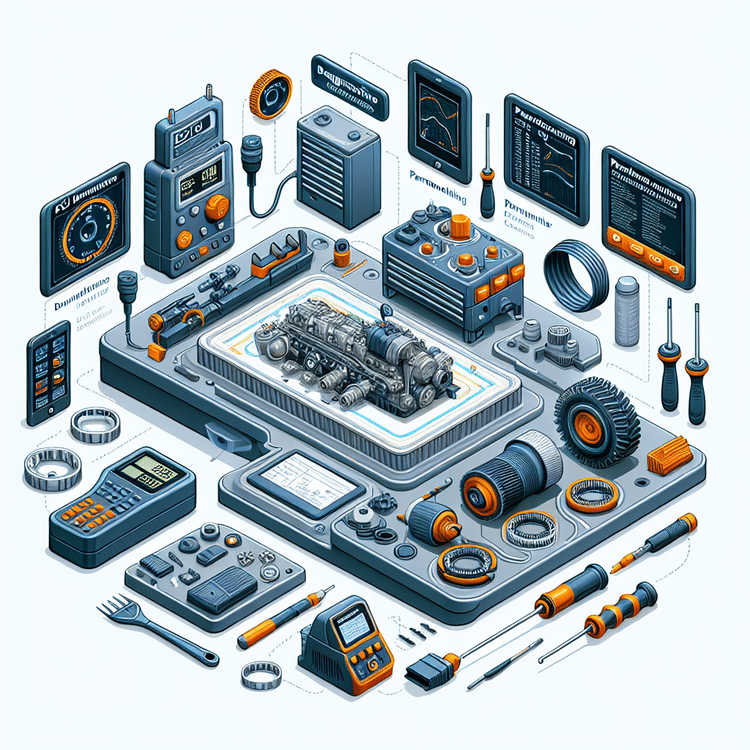
The ECU calibration process involves several key steps to ensure that a vehicle’s Engine Control Unit (ECU) operates optimally. This process is crucial for enhancing performance and fuel efficiency. Below is a step-by-step overview of the ECU calibration process:
- Diagnostics: Begin by using diagnostic tools to analyze the vehicle’s system. This helps identify any existing issues that could affect performance.
- Map Downloading: Download the existing ECU maps. These maps contain data regarding the engine’s operation, including fuel injection, ignition timing, and emission controls.
- Parameter Adjustments: Once the maps are downloaded, adjustments are made to various parameters. This may involve changing fuel maps, timing maps, and other settings to optimize performance based on the vehicle’s intended use.
- Performance Testing: After adjustments, conduct performance tests to evaluate the changes. This step checks for improvements in responsiveness, power output, and fuel efficiency.
Throughout the process, it’s essential to use reliable tools and equipment, such as ECU programming tools and diagnostic scanners, to ensure accuracy and safety.
Types of ECU Tuning
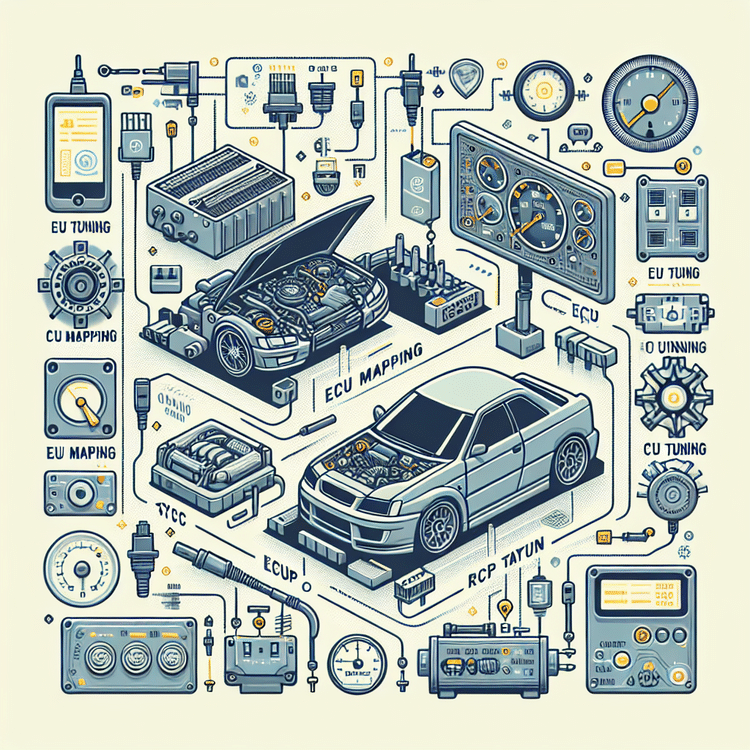
ECU tuning is an essential process for modifying the performance characteristics of a vehicle. The three main types of ECU tuning include ECU mapping, ECU remapping, and ECU chip tuning. Each of these methods serves different purposes and can yield distinct outcomes in vehicle performance.
- ECU Mapping: This is the process of altering the maps or parameters within the vehicle’s ECU (engine control unit). It typically involves creating a new set of data that controls how the engine operates, allowing tuners to adjust fuel injection, ignition timing, and boost levels. This kind of tuning is often used for specific performance enhancements and is beneficial for vehicles that require custom fuel maps.
- ECU Remapping: This refers to reprogramming the existing ECU software. Instead of modifying the maps, remapping involves replacing the stock software with optimized software designed for improved performance. This process can significantly increase horsepower and torque, enhance throttle response, and provide better fuel efficiency. For a detailed guide on remapping, check out How to Perform ECU Reprogramming with wiTECH Micropod II.
- ECU Chip Tuning: This method involves physically replacing or reprogramming the chip within the ECU. Chip tuning allows for more comprehensive changes compared to mapping and remapping. It is mainly used for racing applications where maximum performance is required.
Understanding these different types of ECU tuning can help car owners and mechanics choose the best method tailored to their performance goals.
ECU Performance Tuning
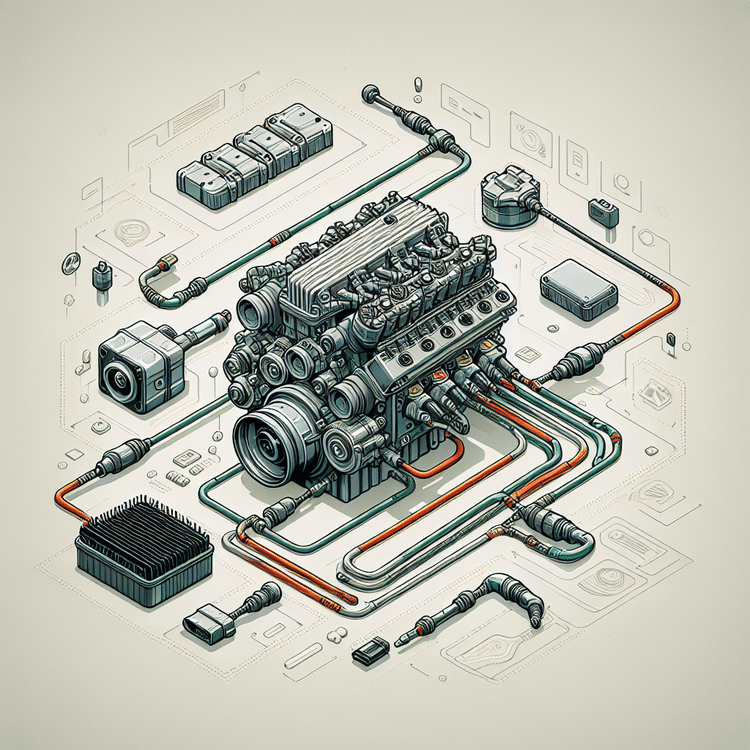
ECU performance tuning is a crucial aspect of modern vehicle enhancement, allowing for significant improvements in overall performance. By recalibrating the Engine Control Unit (ECU), car owners can unlock the full potential of their vehicles. Tuning the ECU can lead to increases in horsepower, torque, and throttle response, providing a more exhilarating driving experience.
For example, a typical ECU tune can increase horsepower by 10% to 20%, depending on the make and model of the vehicle. This is particularly evident in performance-oriented cars, where every additional horsepower can greatly enhance acceleration and responsiveness. Torque improvements also play a vital role, resulting in better towing capacity and quicker throttle response, which is essential for overtaking on highways.
- Horsepower Boost: Fine-tuning fuel maps and ignition timing can yield impressive gains, such as a noted increase in torque for turbocharged vehicles.
- Throttle Response: ECU tuning optimizes throttle mapping, leading to a more immediate response when you press the accelerator. This enhancement directly affects how the vehicle feels during driving.
Additionally, ECU tuning can enhance fuel efficiency by adjusting the air-fuel mixture for optimal combustion, allowing drivers to enjoy savings at the pump alongside increases in performance.
Benefits of ECU Calibration
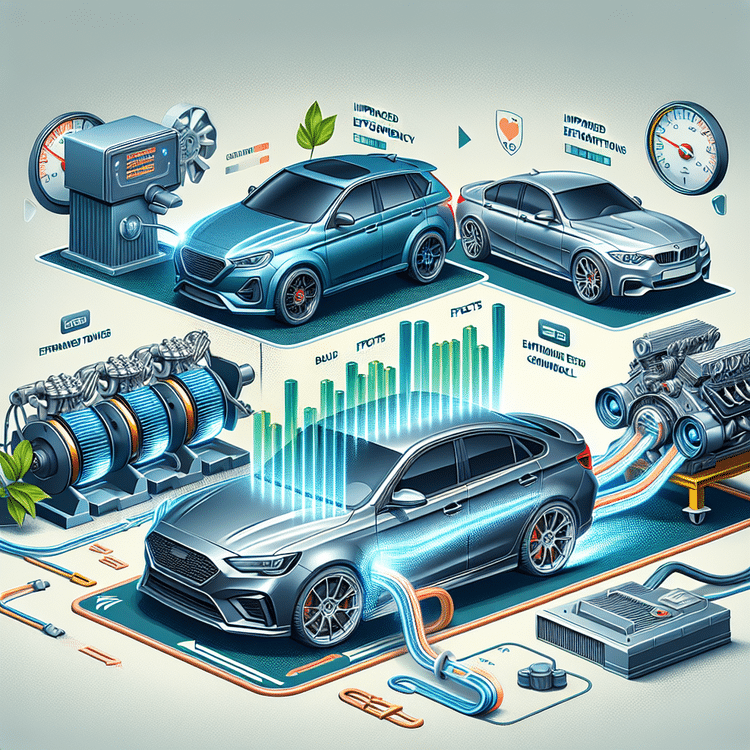
ECU calibration offers numerous benefits that significantly enhance a vehicle’s performance and efficiency. Here are some of the major advantages:
- Increased Power and Torque: One of the primary benefits of ECU calibration is the enhancement of the engine’s power output and torque. By optimizing fuel mapping and ignition timing, calibration helps in unlocking the full potential of the engine, allowing for a more responsive driving experience.
- Improved Fuel Efficiency: Through precise adjustments to various engine parameters, ECU tuning can lead to better fuel economy. By fine-tuning the air-fuel mixture and other settings, vehicle owners often experience reduced fuel consumption, resulting in long-term cost savings.
- Enhanced Emissions Control: Proper ECU calibration ensures that vehicles comply with emission standards. By optimizing combustion efficiency, it minimizes harmful emissions, contributing to a cleaner environment and potentially avoiding fines related to emissions regulations.
- Smoother Drivability: ECU tuning not only boosts performance but also enhances overall drivability. By smoothing out power delivery and shifting characteristics, drivers can enjoy a more comfortable and enjoyable driving experience.
For those interested in the wider implications of ECU programming, we recommend reading The Benefits of ECU Programming for Your Nissan Vehicle.
Advantages of ECU Tuning
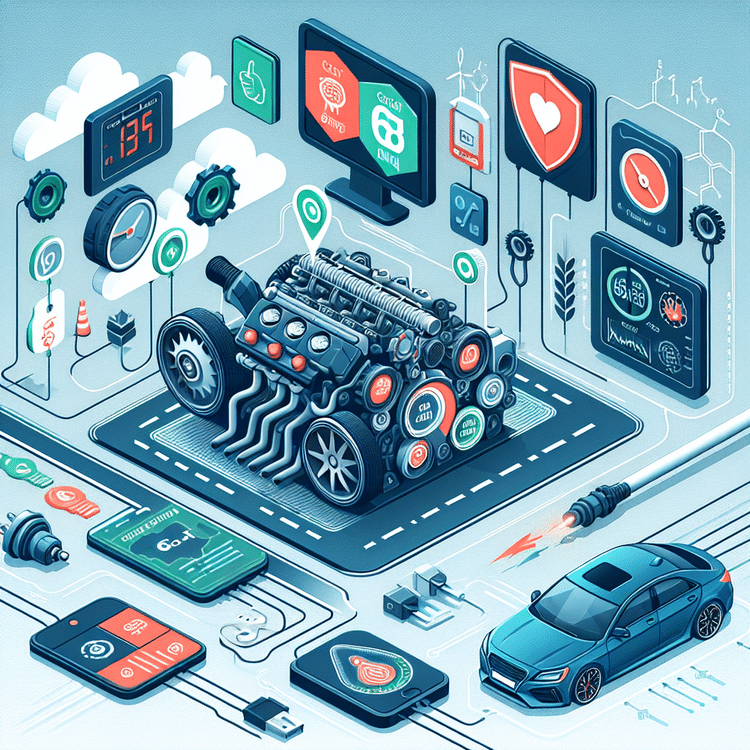
ECU tuning offers several long-term advantages for vehicle owners, primarily in terms of cost savings, customization, and engine health. By optimizing the engine’s control unit settings, drivers can enjoy improved performance and efficiency, leading to significant savings on fuel costs over time.
One of the key benefits of ECU performance tuning is the ability to customize the vehicle’s behavior to match individual driving styles. Whether you prefer a more aggressive response or a smoother drive, tuning allows for adjustments that enhance your overall driving experience. This level of personalization can make daily commutes more enjoyable and suited to your preferences.
Furthermore, ECU tuning helps preserve engine health by ensuring that components operate within optimal parameters. When the engine is finely tuned, it can avoid unnecessary strain and wear, potentially extending the lifespan of the vehicle. This not only prevents costly repairs down the line but also enhances the resale value of the car.
Impact of ECU Calibration on Vehicle Performance
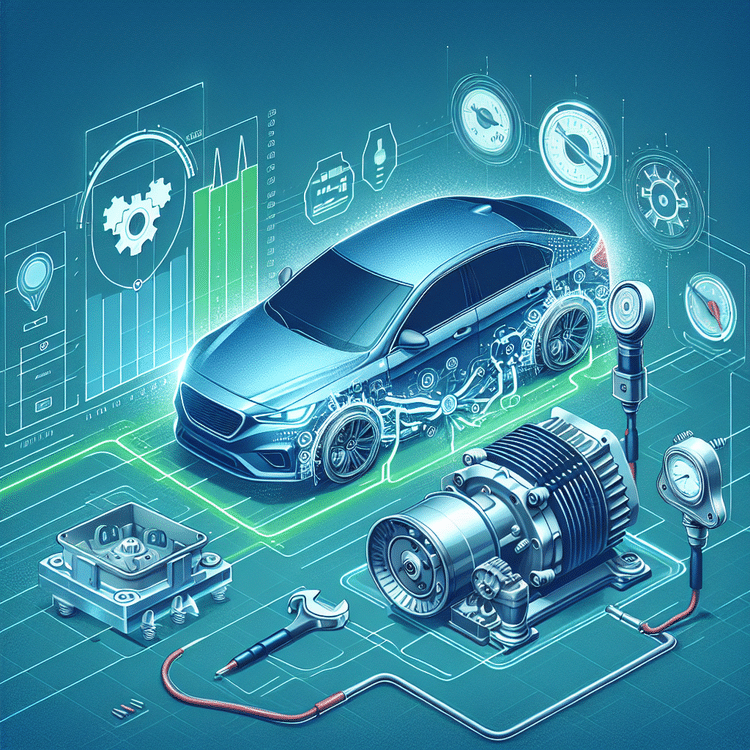
The impact of ECU calibration on vehicle performance is profoundly significant, as demonstrated by numerous real-world examples. Vehicle owners who have undergone ECU performance tuning frequently report notable enhancements in their vehicle’s power, efficiency, and overall driving experience.
For instance, one Ford owner shared their experience after having their vehicle’s ECU calibrated. They noted a dramatic improvement in acceleration, especially when merging onto highways, and a remarkable increase in fuel efficiency, allowing them to save substantially on fuel costs.
Another case involved a Nissan enthusiast who utilized ECU programming to unlock hidden power within their vehicle. The owner highlighted how recalibrating the ECU enhanced throttle response and made the car more responsive in various driving conditions, enhancing their overall satisfaction with the vehicle.
Experts in the automotive field also attest to the benefits of proper ECU calibration. A certified mechanic explained that aligning the ECU settings with the specific characteristics of each vehicle model can lead to a smoother ride and less mechanical stress, thereby extending the vehicle’s lifespan.
Moreover, a Land Rover owner experienced significant advancements in off-road capability after recalibrating their ECU. The tuning optimized engine performance for varied terrains, culminating in enhanced traction and control, which is critical in off-road scenarios. For those interested, check out our ultimate guide to ECU programming and tuning.
In conclusion, the impact of ECU calibration is multifaceted and overwhelmingly positive, offering enhanced performance, fuel efficiency, and vehicle stability. As more drivers become aware of these benefits, the demand for ECU tuning continues to grow.
Choosing the Right ECU Tuning Service

Choosing the right ECU tuning service is crucial for optimizing your vehicle’s performance. Here are several factors to consider:
- Professional Expertise: Look for a service with certified technicians who have extensive experience in ECU performance tuning. Their expertise will ensure that your vehicle is tuned correctly and safely.
- Customer Reviews: Check online reviews and testimonials to gauge the satisfaction of previous customers. Services with positive feedback are typically more reliable.
- Before/After Performance Data: A reputable tuning service should provide documented performance improvements. This data helps you assess the effectiveness of their tuning.
- Safety Protocols: Ensure that the tuning service follows proper safety protocols to prevent any potential damage during the tuning process.
Common FAQs About ECU Calibration

ECU calibration raises many questions among car owners and mechanics. Here, we address some of the most common FAQs to clarify the process and its implications:
- Is ECU calibration legal? The legality of ECU calibration varies by region. In many places, modifying ECU settings can be legal as long as it complies with local emissions regulations and does not violate manufacturer warranties. Always check local laws and regulations before proceeding.
- Will ECU calibration void my warranty? Modifying the ECU may void certain aspects of your vehicle’s warranty, particularly if the modifications directly cause damage or lead to issues. It’s advisable to consult the manufacturer or dealer for specific warranty information regarding ECU tuning.
- What are the benefits of ECU tuning? ECU tuning can enhance vehicle performance, improve fuel efficiency, and optimize engine response. Many owners report a noticeable increase in power and torque, making their vehicles more enjoyable to drive.
- How often should I recalibrate my ECU? Recalibration should be considered after major changes such as engine upgrades, modifications to the exhaust system, or when performance issues arise. Regular maintenance can also benefit from ECU recalibration to ensure optimal performance.
You may also find it useful to explore Ford IDS Sensor Calibration: Ensure Accurate Vehicle Data, to understand how proper calibration can keep your vehicle’s data accurate.
Conclusion
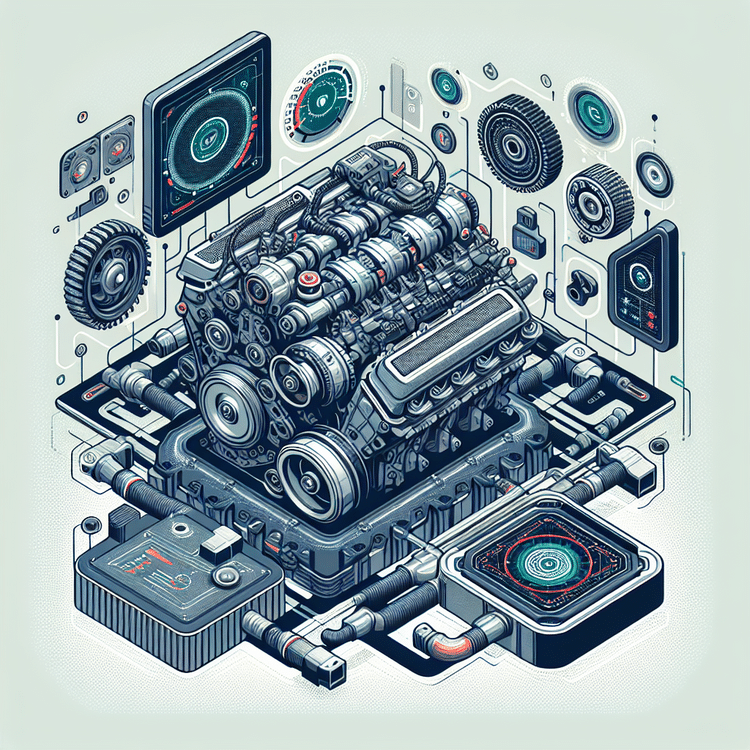
In summary, ECU calibration plays a crucial role in enhancing vehicle performance, fuel efficiency, and overall drivability. By adjusting the parameters within the engine control unit, car owners can unlock the full potential of their vehicles, leading to improved speed, smoother acceleration, and enhanced fuel economy.
The benefits of ECU tuning are not limited to just performance. They also include optimizing emissions control, ensuring compliance with environmental regulations, and maximizing the lifespan of engine components. Hence, considering a professional ECU calibration can significantly enhance your driving experience.
As you explore opportunities for ECU tuning, we encourage you to consult with professionals who have expertise in vehicle calibration. Their knowledge can ensure your vehicle performs at its best while maintaining reliability and efficiency.

